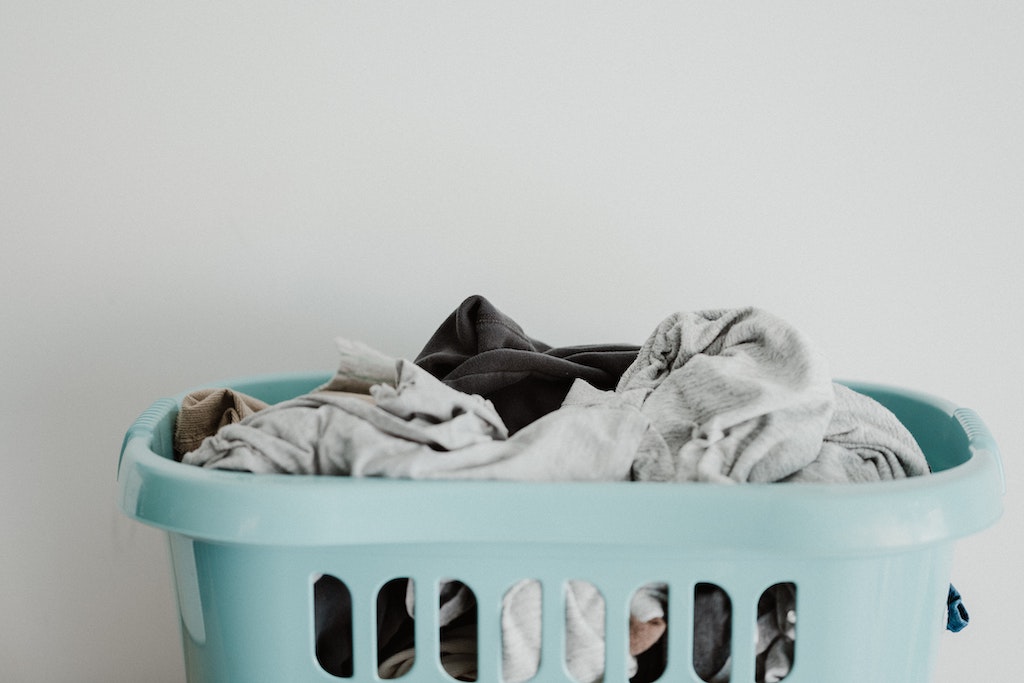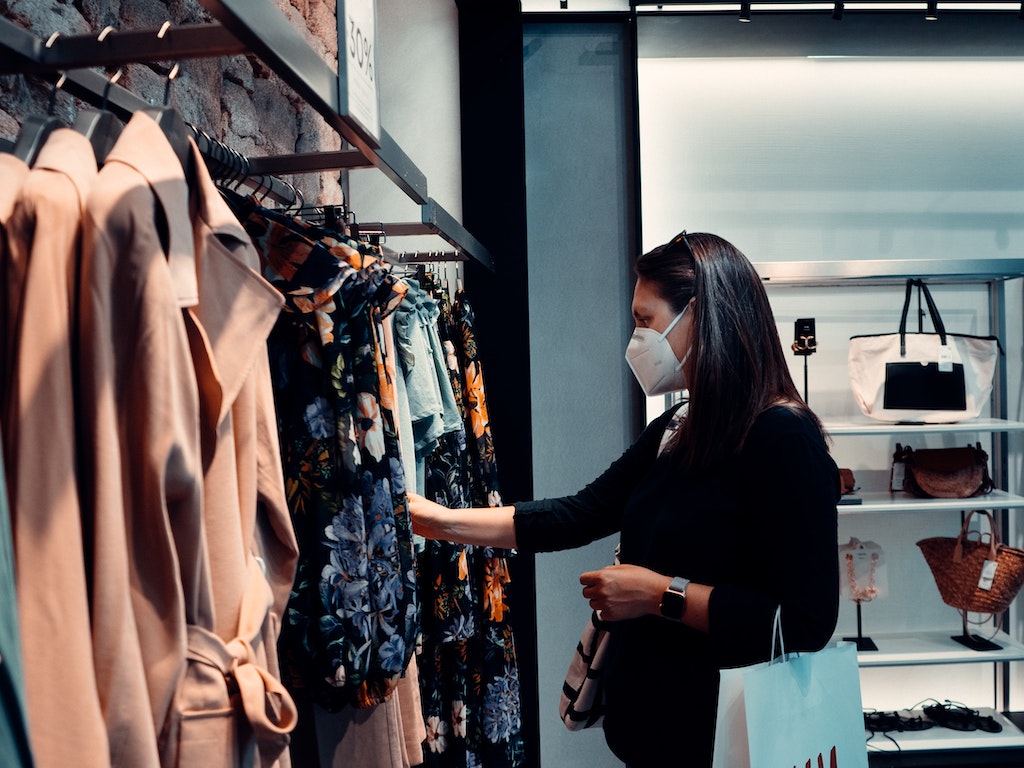3 Mins Read
A new poll has found the majority of British shoppers support the addition of plastic warning labels on clothing products. The survey also revealed that many remain unaware of the widespread use of plastic in fashion. Now, campaigners are calling on companies to be more transparent about the materials used to make clothes and accessories.
A new U.K.-based survey has found that more than 80% of people want the government to mandate plastic warning labels on clothes. Out of the over 2,000 people surveyed, 72% of them were until then unaware of the amount of plastic used in clothing. Two-thirds of respondents also did not know about the fashion industry’s enormous contribution to plastic pollution
The poll was conducted by British consulting firm Yonder and commissioned by nonprofit A Plastic Planet. It aimed to explore the level consumer awareness of the plastic waste crisis and its connection to fashion.
60% of clothes are plastic
It is estimated that 60% of all the materials used to make fashion products are plastic-based. These plastic-derived materials require petroleum production, fuelling the unsustainable use of fossil fuels.
Polyester, for instance, requires 70 million barrels of oil to manufacture. In the process, polyester releases 3-times the amount of carbon compared to natural materials.

Listen to public demand and introduce mandatory labels to show the hidden plastic in clothing.
A Plastic Planet
Beyond the production process, plastic-based fabrics continue to pollute the environment as we wear and wash them. They shed tiny fragments of synthetic fibres called microplastics. Laundry alone releases half a million tonnes of microplastic fibres into the ocean each year.
That’s the equivalent of three billion polyester shirts, says A Plastic Planet.
Read: This Slovenian startup made a laundry filter to solve microplastic pollution
Plastic labelling to increase awareness
“For years the fashion industry’s impact on plastic pollution has gone under the radar,” said Sian Sutherland, co-founder of A Plastic Planet. “But now the truth is known on the huge volumes of fossil fuels being used to make our clothing and the plastic microfibres that are being shed into our air as we wear them, and flushed down our drains with every wash.”
Sutherland says that consumers are simply asking manufacturers to be more transparent by adding information about the plastic content of products. “This is about transparency and choice. Shoppers deserve to know the impact their clothes are having on the planet.”
For years the fashion industry’s impact on plastic pollution has gone under the radar.
Sian Sutherland, Co-Founder, A Plastic Planet
“Without clear labelling, we cannot choose to change,” she added. “The Government must listen to public demand and introduce mandatory labels to show the hidden plastic in clothing.”
Read: Is a global plastic waste treaty on the horizon?
Pressure building up for government action
In conjunction with the survey results, A Plastic Planet published an open letter to the U.K. government calling for plastic labels to be mandated. More than 40 experts, politicians and campaigners have teamed up to push for change.
Consumers, who are more environmentally conscious than ever before, want to do the right thing.
Mary Portas
One of them included retail expert and broadcaster Mary Portas. “Unbeknown to people, the essential act of washing clothing is resulting in millions of plastic microfibres polluting nature,” said Portas.
“Consumers, who are more environmentally conscious than ever before, want to do the right thing. It’s only right they’re given the option when buying products to see what impact they will have.”
Other key signatories to the open letter include leading health expert and professor Dr Shanna Swan and Fashion Revolution co-founder Orsola de Castro. Leading academics in plastic research such as MIT’s Janelle Knox-Hayes have also joined the call for plastic labeling in fashion.
“Labelling systems being rolled out [are] showing where hidden plastic is present in some single-use items,” says the letter. “If the Government is serious about tackling the plastic crisis, it must take this a step further and apply it to textiles.”
Lead image courtesy of Unsplash.




